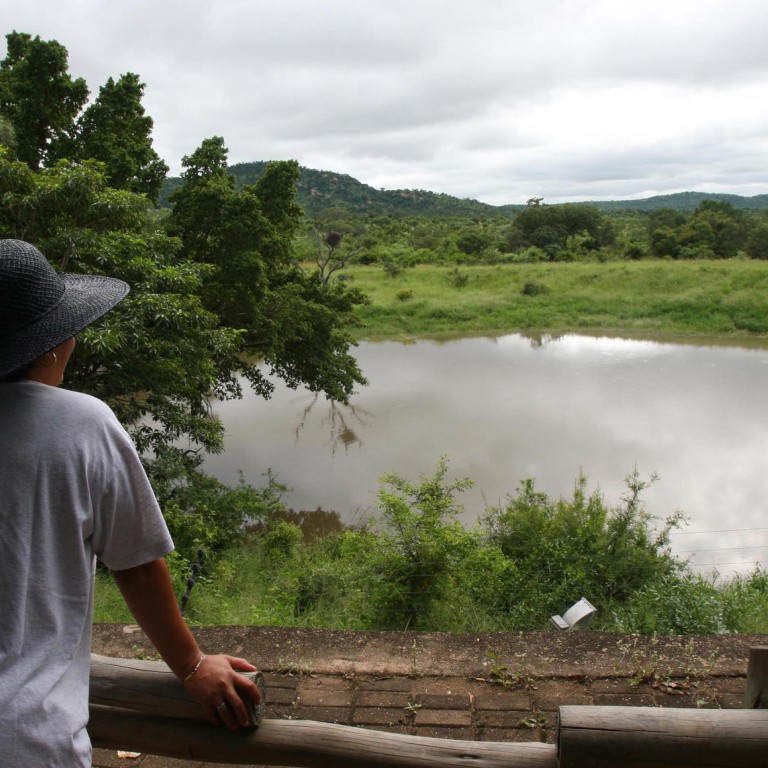
Run-off from South Africa phosphate mine pollutes famed national park
Mine run-off cited as thousands of dead fish are found in South African tributary
South African authorities revealed that a phosphate mine spillage has caused "extensive pollution" to a river in the country's famed Kruger national park.
Park officials said on Tuesday that "highly acidic water" from a dam at the Bosveld phosphate mine spilled into a tributary of the Olifants river, killing thousands of fish.
"It's extensive pollution given the number of fish we have witnessed floating over a 15 kilometre-stretch of the river," park spokesman Ike Phaahla said.
"We haven't seen any of the big animals affected, your hippos or your crocodiles," said Phaahla after a preliminary investigation.
But the park's water resources manager Eddie Riddell estimated the number of dead fish at several thousand, pointing to major environmental damage.
A fisherman notified the park in late December of a number of dead fish floating on the river, prompting the probe.
Heavy rains that recently pounded the area are believed to have contributed to the spill.
The mine owners will face prosecution for violating the country's water laws.
"We have already … laid criminal charges against Bosveld Phosphates for contravening the National Water Act," said Nigel Adams, a director in South Africa's department of water and environmental affairs.
Investigations are focusing on establishing which chemicals flowed into the river and mapping the extent of the ecological damage.
"We are still busy taking samples and assessing the impact but we do believe there is major environmental damage," said the general manager of the park's scientific research services unit, Stefanie Freitag-Ronaldson. Scientists fear the impact could be "very serious" and long term.
"The sulphates completely inhibit the ability of fish to uptake certain very vital vitamins and minerals and they die," said Koos Pretorius, a veterinary surgeon and environmental activist.
"And when they die, the crocodiles come and they gorge on them, get sick and die too. So it's very serious," he said.
The pollution was first discovered during the peak festive season when the park's camps are bustling with holiday-makers. Officials said water supplies to camps were switched to borehole water as soon as the spill was suspected.
